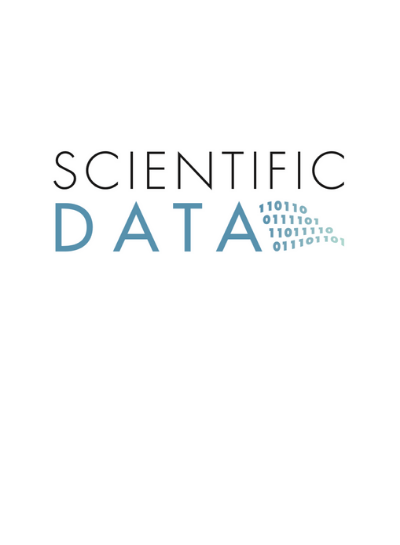The study was based on initial research during 2000 and 2002 in the districts of Kapuas, Central Kalimantan, supplemented with interviews with policy makers in Jakarta during July-August 2001. This paper considers how the decentralization process involves legal and institutional changes that encompass a wide arrary of actors, institutions and levels of government. It raises issues of coordination, negotiation and conflict across multiple levels and jurisdictions. It analyzes the overlapping socio-legal configurations arising from parallel development at the national, district and village levels to advance three arguments. First, in a complex polities like Indonesia, after decades of authoritarian rule, corruption and clientelist networks predominate. Second, in remote provinces, infrastructure and government services are extremely limited, and most of the population is distant from centers of power. Third, despite the range of legal initiatives developed following the inception of decentralization, up to now the legal changes have yet to provide transparent and accountable mechanisms at the village and district levels for recognizing customary (adat) rights, contributing to an environment of distrust, competition and violence. The paper concludes that decentralization has opened space for positive change, which might be significant if political actors such as indigenous groups and NGOs could organize themselves to make advantage of these new openings.
DOI:
https://doi.org/10.1016/j.worlddev.2004.02.002
Altmetric score:
Dimensions Citation Count:























